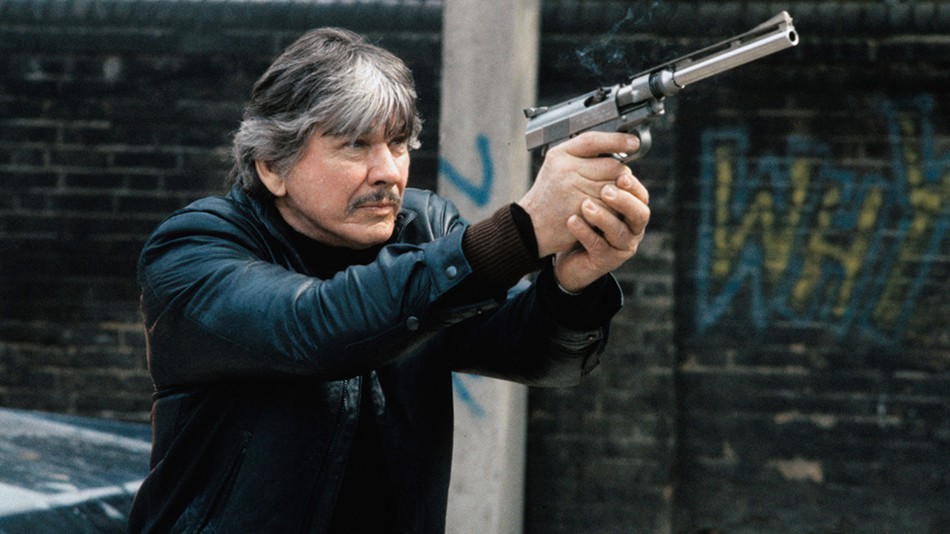The classic Charles Bronson-starring vigilante thriller Death Wish was a huge commercial hit in 1974, but it also generated its fair share of controversy. Bronson plays Paul Kersey, a mild-mannered architect who decides to take the law into his own hands when his wife is killed and his daughter is assaulted during a home invasion by a sadistic street gang. Death Wish was a big enough success to launch a franchise with four sequels and a remake, and the role of Paul defined Bronson’s on-screen persona as a vengeful father.
While audiences resonated with Paul’s quest for vigilante justice, critics were more skeptical about the message surrounding the film’s violence. Backlash towards a violent thriller can often have a detrimental effect as the controversy provides the movie with free publicity. The controversy surrounding Joker’s portrayal of violence made it a must-see cultural event and catapulted it past the billion-dollar mark to become the highest-grossing R-rated movie ever made. A similar thing happened with the controversy surrounding Death Wish on its theatrical release. The controversy elevated its place in the zeitgeist.
Death Wish Was Criticized For Its Apparent Support Of Vigilantism

Death Wish received mixed reviews from critics upon its initial release. The negative reviews focused on the movie’s supposedly pro-vigilante stance. The Los Angeles Times’ critic Charles Champlin called it “despicable.” The New York Times’ Vincent Canby said it was irresponsible, and its message was simply: “KILL. TRY IT. YOU’LL LIKE IT.” These critics felt that the movie condoned vigilantism as a valid form of law enforcement. Since Paul never faces any consequences for his actions, the movie never cautions its audience about the downside of vigilantism. Death Wish may not be deliberately pro-vigilante, but it’s not anti-vigilante, either.
Were The Criticisms Of Death Wish Valid?

While most audiences can tell the difference between cinematic spectacle and real life, the criticisms of Death Wish’s message do have some merit. Paul was a conscientious objector in the Korean War and swore off using firearms since his father was shot dead in a hunting accident. Paul’s “hero’s journey” is his rediscovery of the advantages of violence, which is a dubious message. Death Wish is a lot more pro-vigilante than Martin Scorsese’s more deconstructive vigilante thriller, Taxi Driver, which arrived a couple of years later. Whereas Paul Kersey is presented as a noble hero, Travis Bickle is presented as a disturbed antihero.
Why Death Wish Was A Box Office Hit Despite The Backlash

Despite the backlash, Death Wish was successful enough at the box office to kickstart a wave of similar vigilante thrillers. The controversy may have helped its financial prospects, because the passionate reviews – even the negative ones – made Death Wish a talked-about movie that audiences wanted to see for themselves. Since crime rates were rapidly on the rise throughout the ‘70s and the Watergate scandal had caused the American public to question its trust in government authorities, the vigilante action of Death Wish resonated with audiences.
